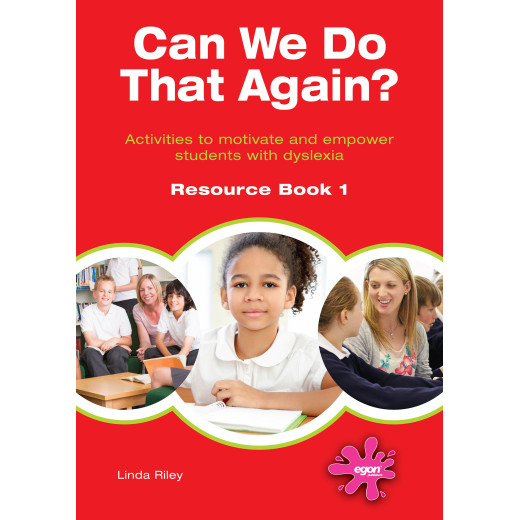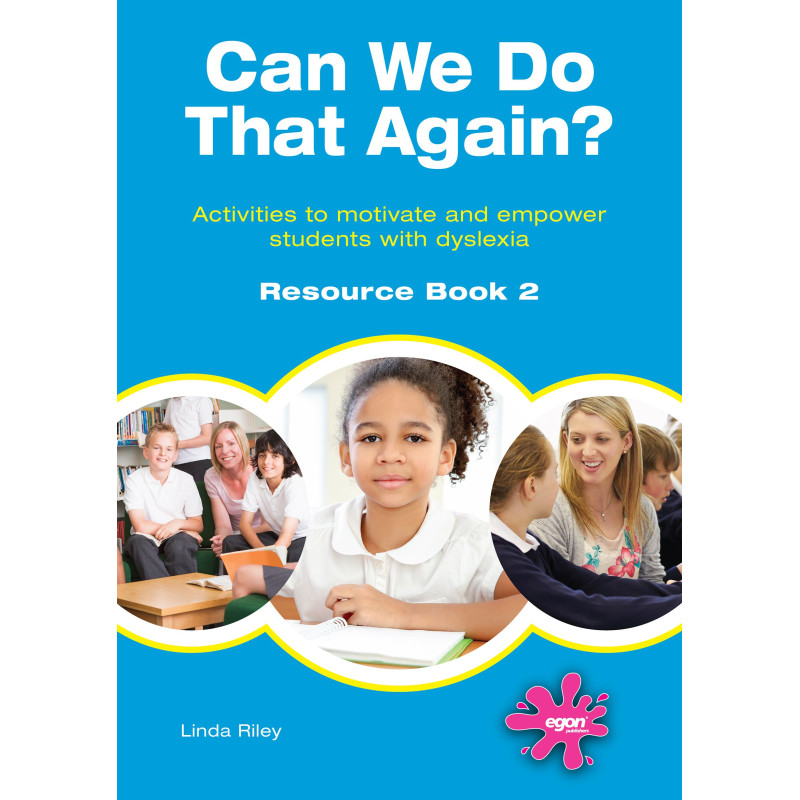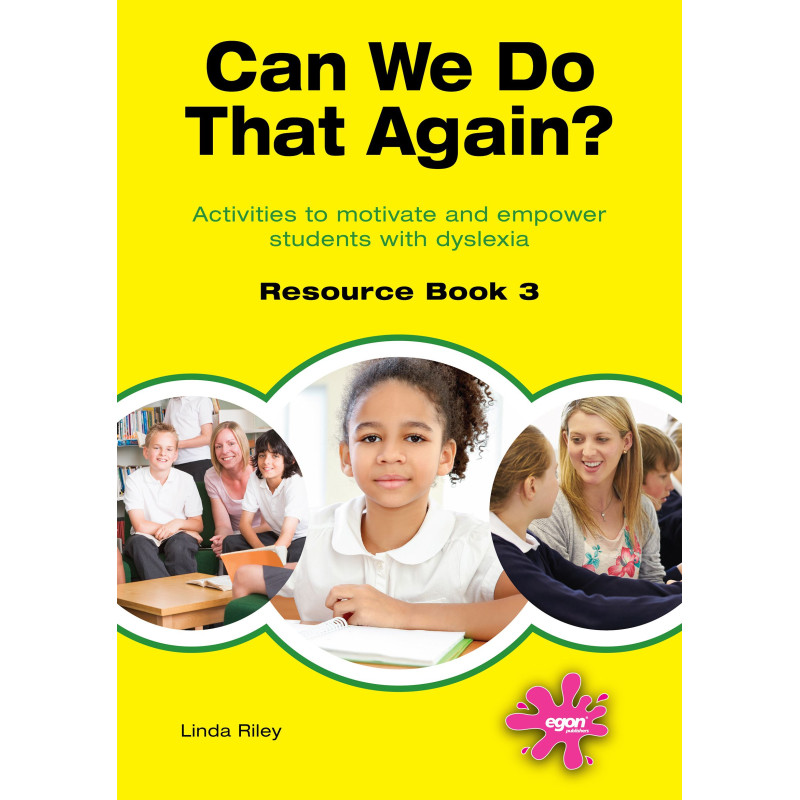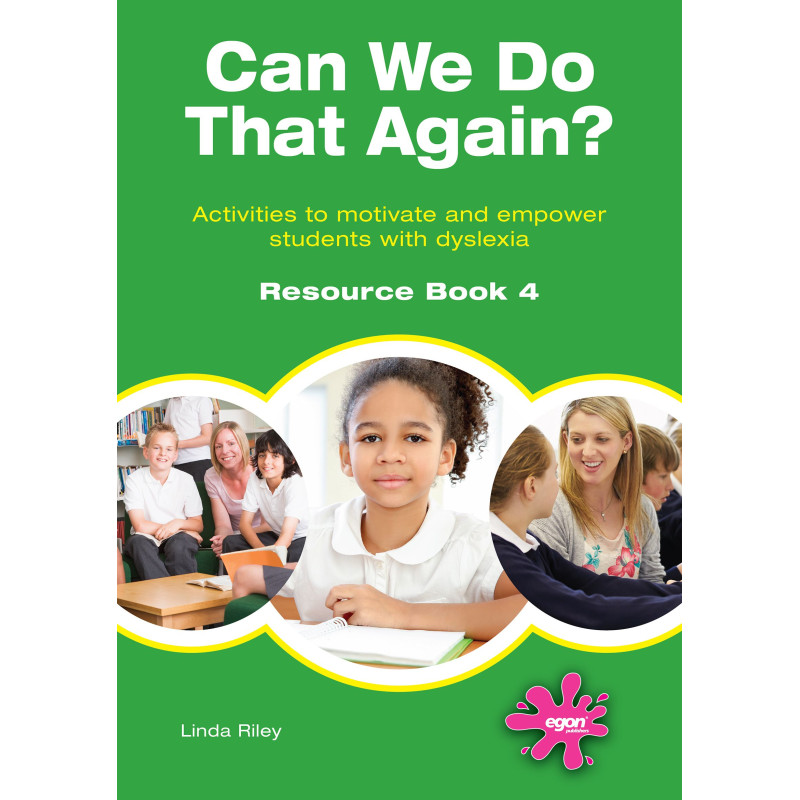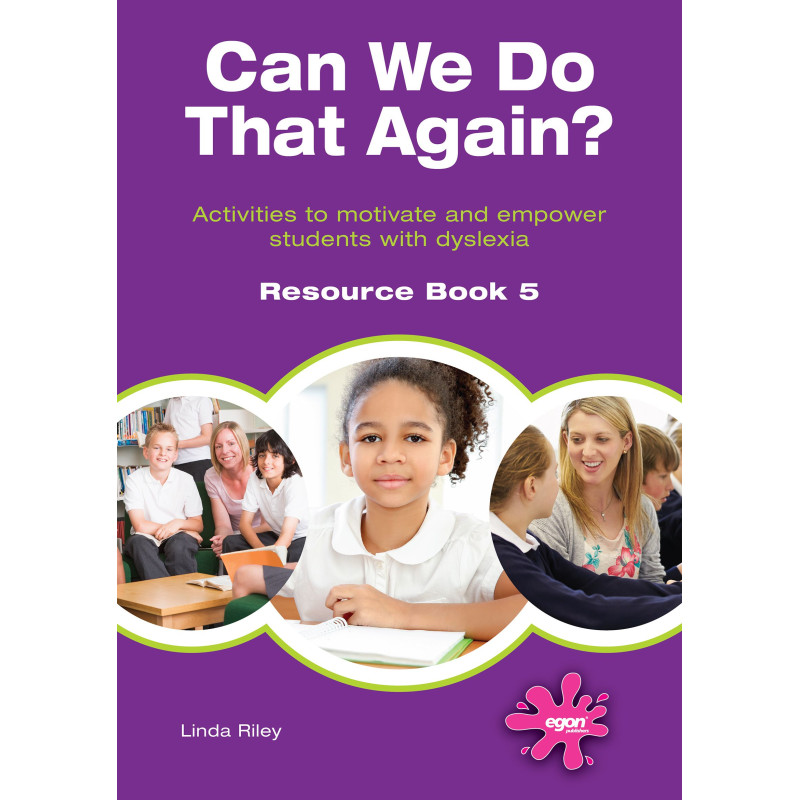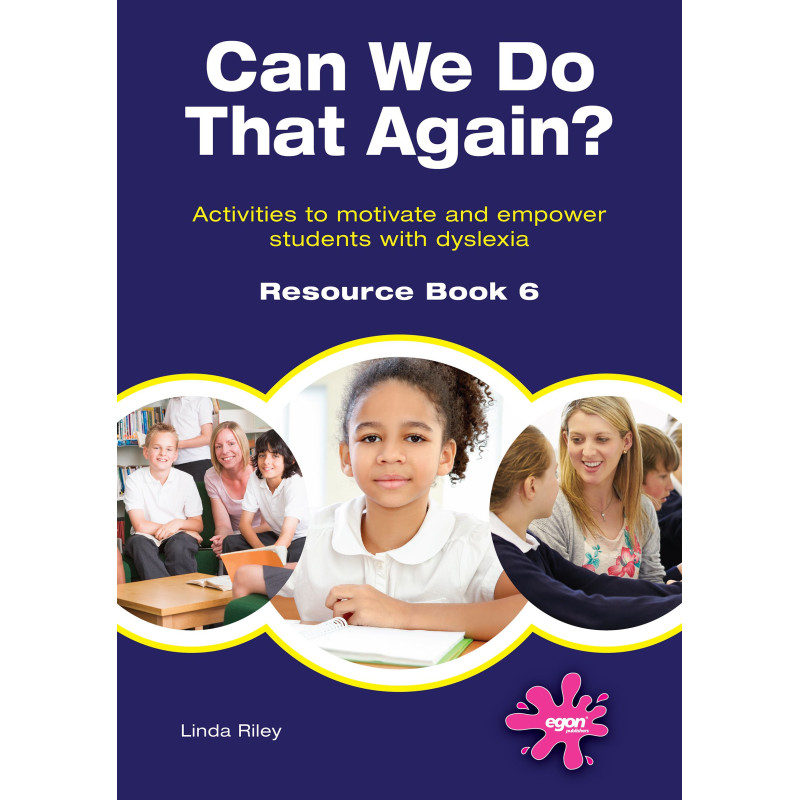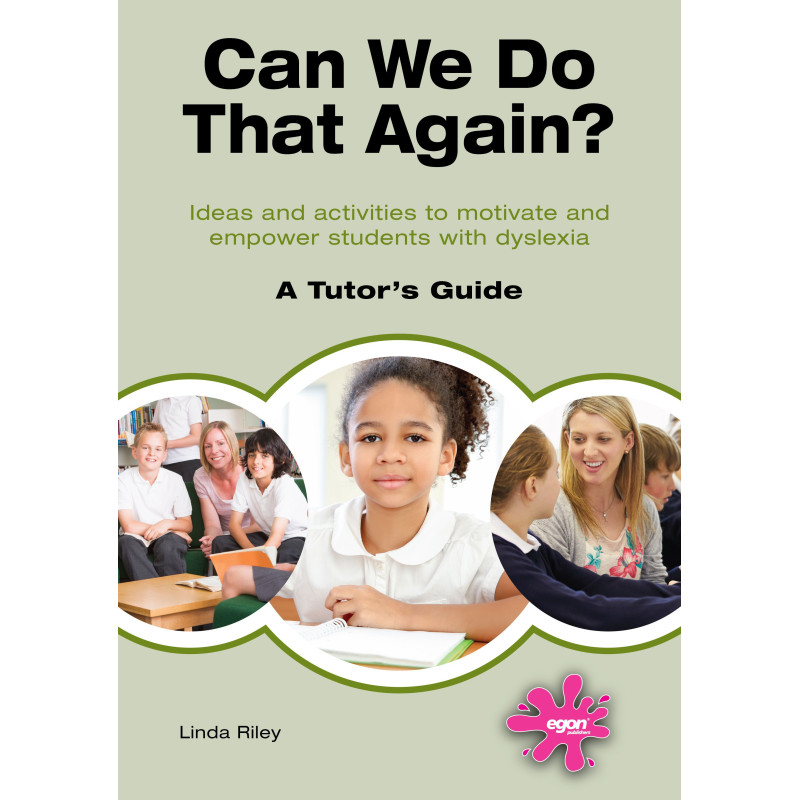Can We Do That Again?
From £18.00
- Product Code
- Select Option for Code
Can We Do That Again? A Tutor’s Guide
Over 100 ideas and activities for use in providing focused literacy
interventions for students with dyslexia or related literacy
difficulties. The ideas and activities are briefly described and
constitute tweaks to the main components of a standard literacy intervention
session, not additional elements. most are suitable for 1:1 support or small
group work, some could also be used for whole class teaching.
All have been used by Linda Riley in tutoring individual and small groups of students with dyslexia and are based on the premises that students learn best when they are actively involved and enjoying themselves; that each student is different with his own specific strengths and weaknesses; and that we are training the student not teaching the lesson. These premises feel self-evident but they are often overlooked and need to be borne in mind when working with students with dyslexia. This book owes its existence to everything that my many students over the years have taught me; and also to the inspirational contacts with professional colleagues that have shaped my thinking and practice. The students have also, unknowingly, provided the title for the book, “Can We Do That Again?”
Can We Do that Again? Resource Books 1 -6
A series of 6 books providing activities that can be used during focused
literacy intervention for students of any age with dyslexia or related literacy
difficulties in a 1:1 or very small group setting. They require minimal
supervision so can be enjoyed anywhere at any time. The activities will
challenge and stretch students whilst honing key skills crucial to literacy
skill development. The language and skills are built up gradually and in a
structured way so that the demands made and the language used increase in
complexity over the series, as the students’ skills develop. The activities
were all devised by Linda Riley and have been used over decades of teaching
students with dyslexia. They are based on the premise that students learn best
when they are actively involved and enjoying themselves; that each student is
different with their own specific strengths and weaknesses; and that we are
training the student not teaching the lesson.

